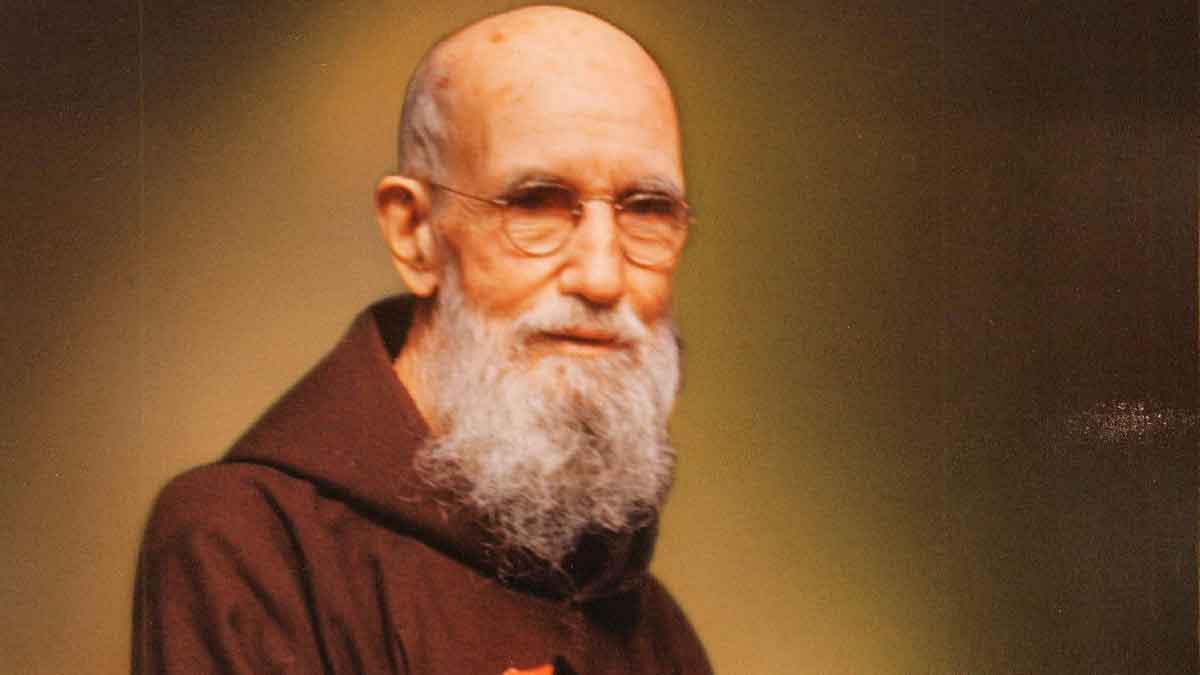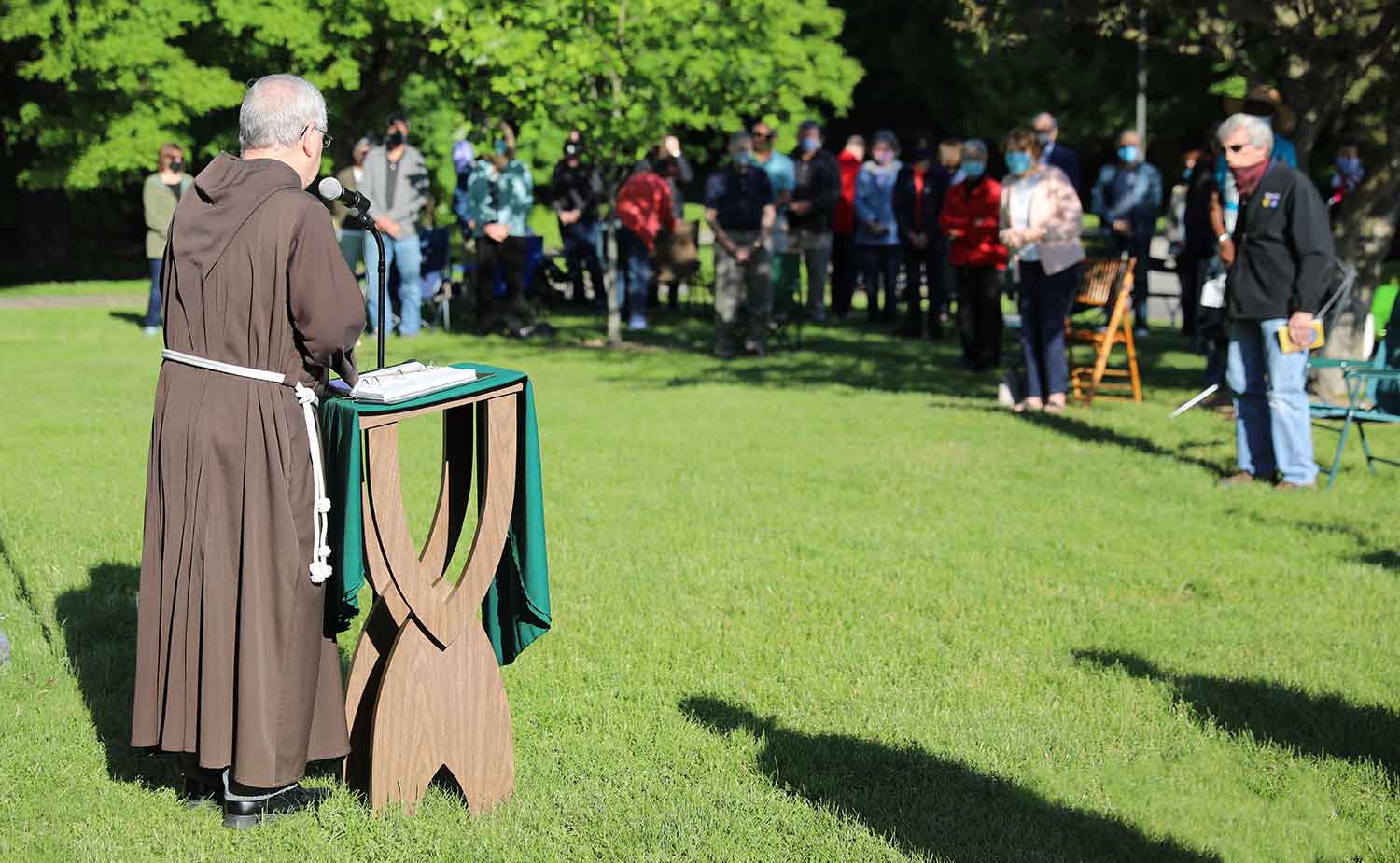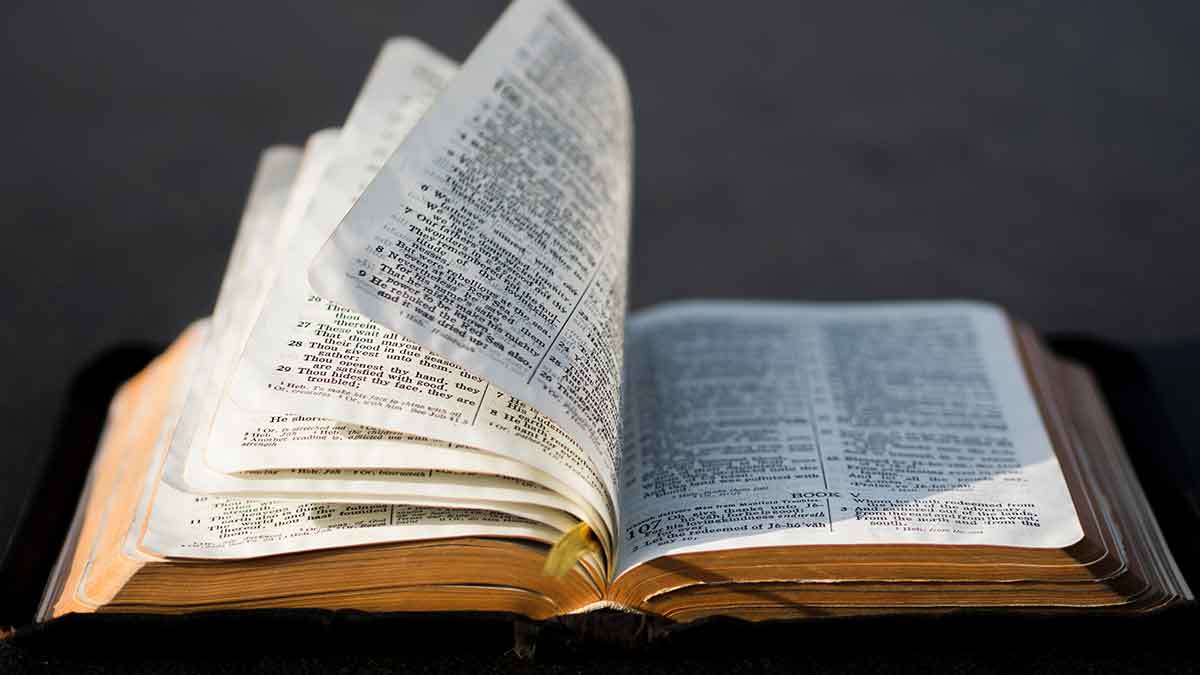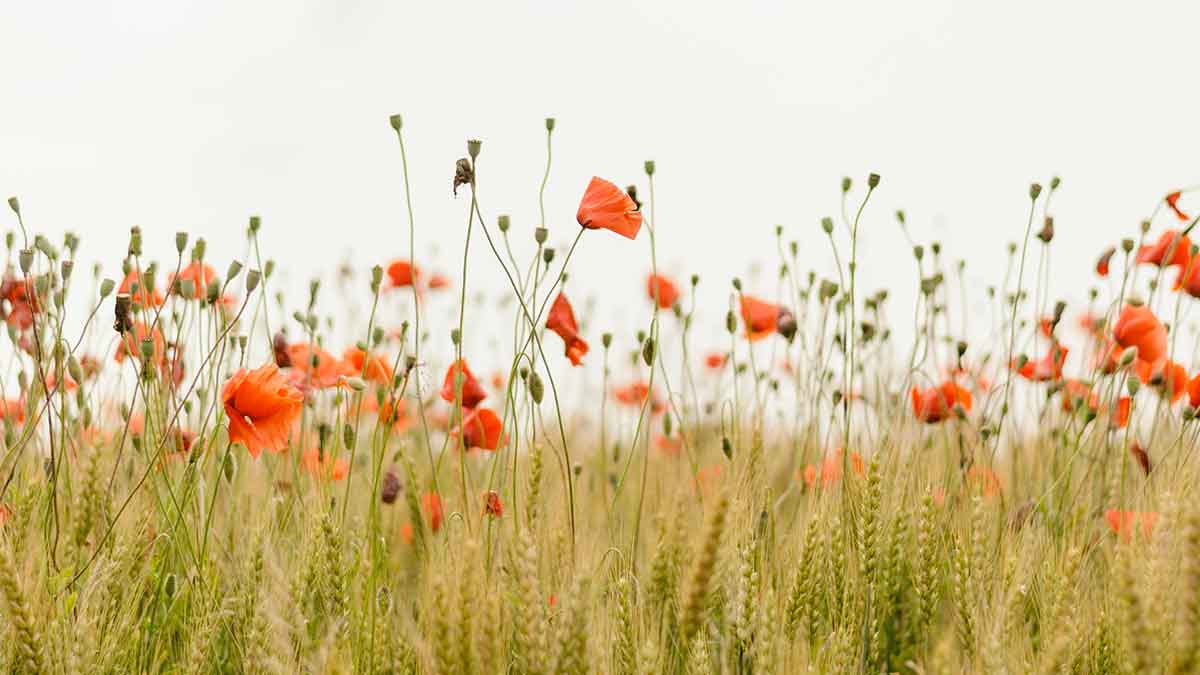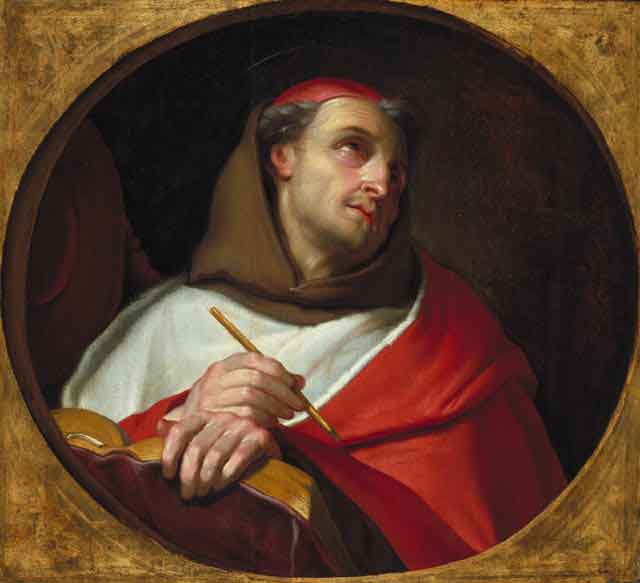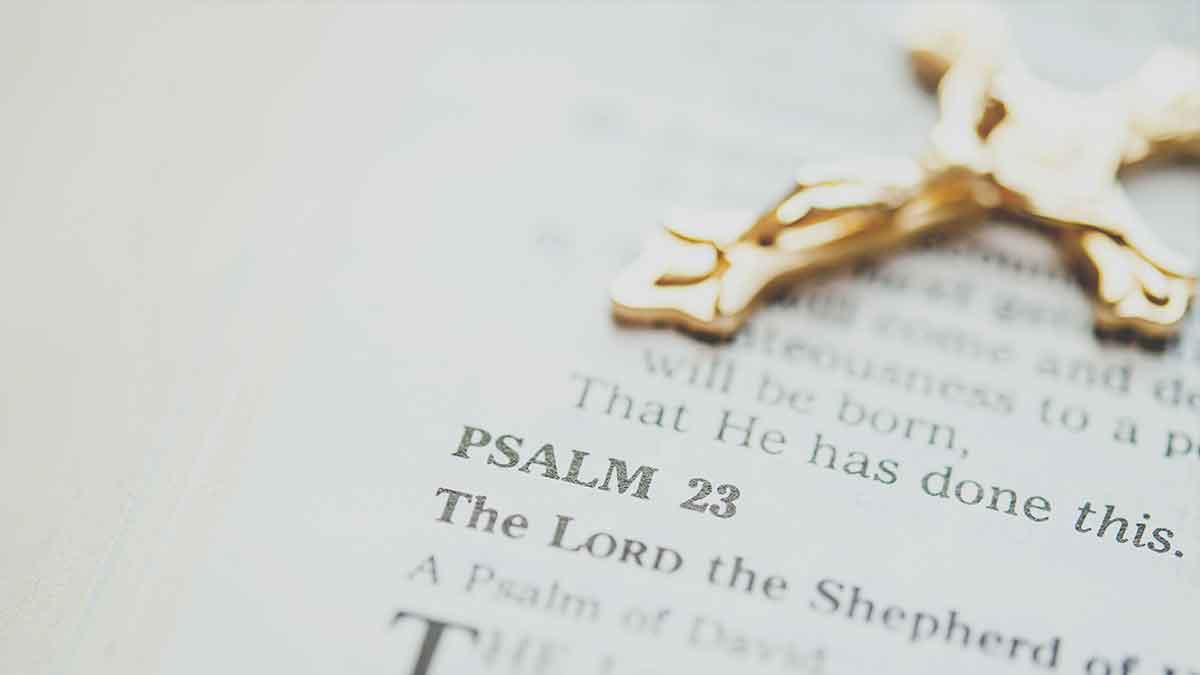By Fr. Tom Zelinski, OFM Cap.
July 30 is the feast day of Blessed Solanus Casey. The Catholic Church has long had the custom of declaring certain people to have shown forth a certain level of holiness, and so we call them “Blessed” or “Saint.”
Why is Blessed Solanus considered to be a holy man? Many people would say it is because of all the stories of amazing things that happened in connection with his prayer for people, his counsel, his kindness toward all who approached him. But all of these stemmed from his basic, simple trust in God. He believed God was present to him and to all people and he lived as though he believed that.
He would tell people not to worry, but to pray, and if they were Catholic, to participate in the sacraments of the Church. It all seems so simple. But most of us don’t seem to reach the depth of trust that he had. Holiness can be an elusive topic, and it is difficult to measure holiness or to compare one’s holiness with another. We don’t control these things or “make ourselves holy” with great effort.
But some people, like Solanus, seem to open themselves more sincerely to the presence of God and let themselves become instruments of God’s grace and mercy.
What would Solanus say to us about the strange times we are in? He might refer to things he would say as regular advice. “Thank God ahead of time.” To face the rest of this year with that attitude would take some courage. Thank God for whatever is to come. And he would add his other famous words, “Blessed be God in all his designs.”
To pray like this and to believe like this is part of what it might mean to be a holy person. The Vatican Council told us we are all called to holiness. Don’t worry. Trust. Thank God constantly. We are called to that journey. Blessed Solanus, pray for us.
